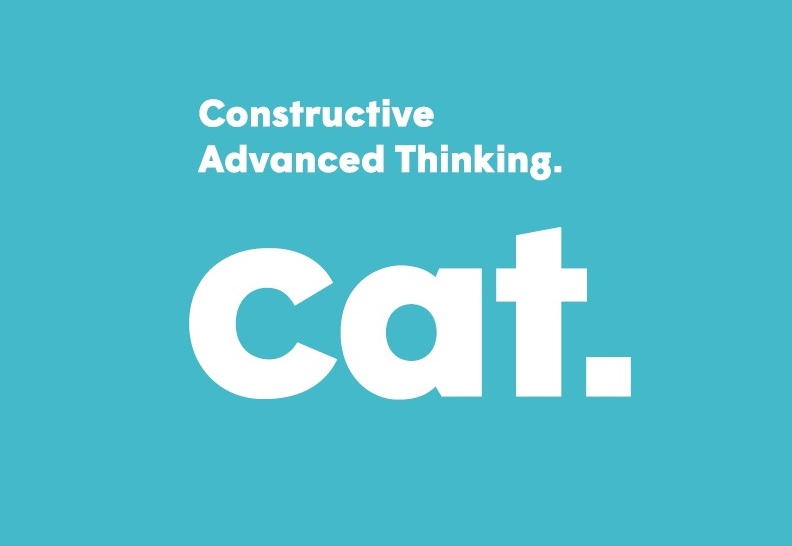Jonatan Godinez-Madrigal
Jonatan Godinez-Madrigal is currently working as a postdoc researcher in global transitions of water allocation regimes at IHE Delft. In his research, Jonatan bridges the dichotomy between the objective, technical, and more subjective social-political expertise needed to understand complex socio-ecological problems. By combining mix methods, such as longitudinal and inter- and transdisciplinary research, he is able to simultaneously investigate the historic-social and the biophysical dimension of water conflicts and socio-technical transitions.
Research Interets
Water management and governance of socio-technical transitions, water conflicts, transition management, citizen science, participatory modelling.
Controversial tools: researching modelling practices in water governance
(Collaborative project, awarded a NetIAS Constructive Advanced Thinking grant, 2021-2024)

The project examines how quantitative models are currently developed and used in water governance and management. It proposes a reflexive approach to modelling and examines how such an approach can kickstart transformative processes to achieve lasting, sustainable and just distributions of water in the Anthropocene.
The development and use of quantitative models in water research and practice is both dominant and growing, importantly driven by recent technological developments. Although often presented as objective and neutral, models are controversial tools. They provide insights to predict future conditions of water systems, and opportunities to foster an integrated approach to tackle water-related challenges while addressing complexities related to managing fugitive resources such as water. Yet, models and modelling are specific ways of knowing water based on measurements and quantification. Foremost, models are profoundly shaped by the numerous, sometimes arbitrary, choices of the actors involved in the modelling process and by the geographical and historical context in which they are developed.
This project sets out to research modelling as it is used to manage and govern water distributions. The project strengthens the collaboration between an interdisciplinary and international group of early career researchers studying water modelling in various geographical contexts and from different perspectives and methodologies. The group jointly works on developing a reflexive approach to modelling that is helpful to make the ethical implications involved in modelling practices explicit, and invites modellers, funders, and users to act upon these. This project explores also the challenges and opportunities to implement this novel approach through regular workshops, peer to peer learning and engagement with experts.
Key Publications
Godinez Madrigal, J., Van Cauwenbergh, N., Hoogesteger, J., Claure Gutierrez, P., and van der Zaag, P. (2022). The limits to large-scale supply augmentation: exploring the crossroads of conflicting urban water system development pathways, Hydrol. Earth Syst. Sci., 26, 885–902, https://doi.org/10.5194/hess-26-885-2022.
Godinez-Madrigal, J., Van Cauwenbergh, N., and van der Zaag, P. (2020). Unravelling intractable water conflicts: the entanglement of science and politics in decision-making on large hydraulic infrastructure, Hydrology and Earth System Sciences, 24, 4903–4921 https://doi.org/10.5194/hess24-4903-2020.
Godinez Madrigal, J., Van Cauwenbergh, N., & van der Zaag, P. (2019). Production of competing water knowledge in the face of water crises: Revisiting the IWRM success story of the Lerma-Chapala Basin, Mexico. Geoforum, 103, 3-15. https://doi.org/10.1016/j.geoforum.2019.02.002.
|
|
|
|
|
|
